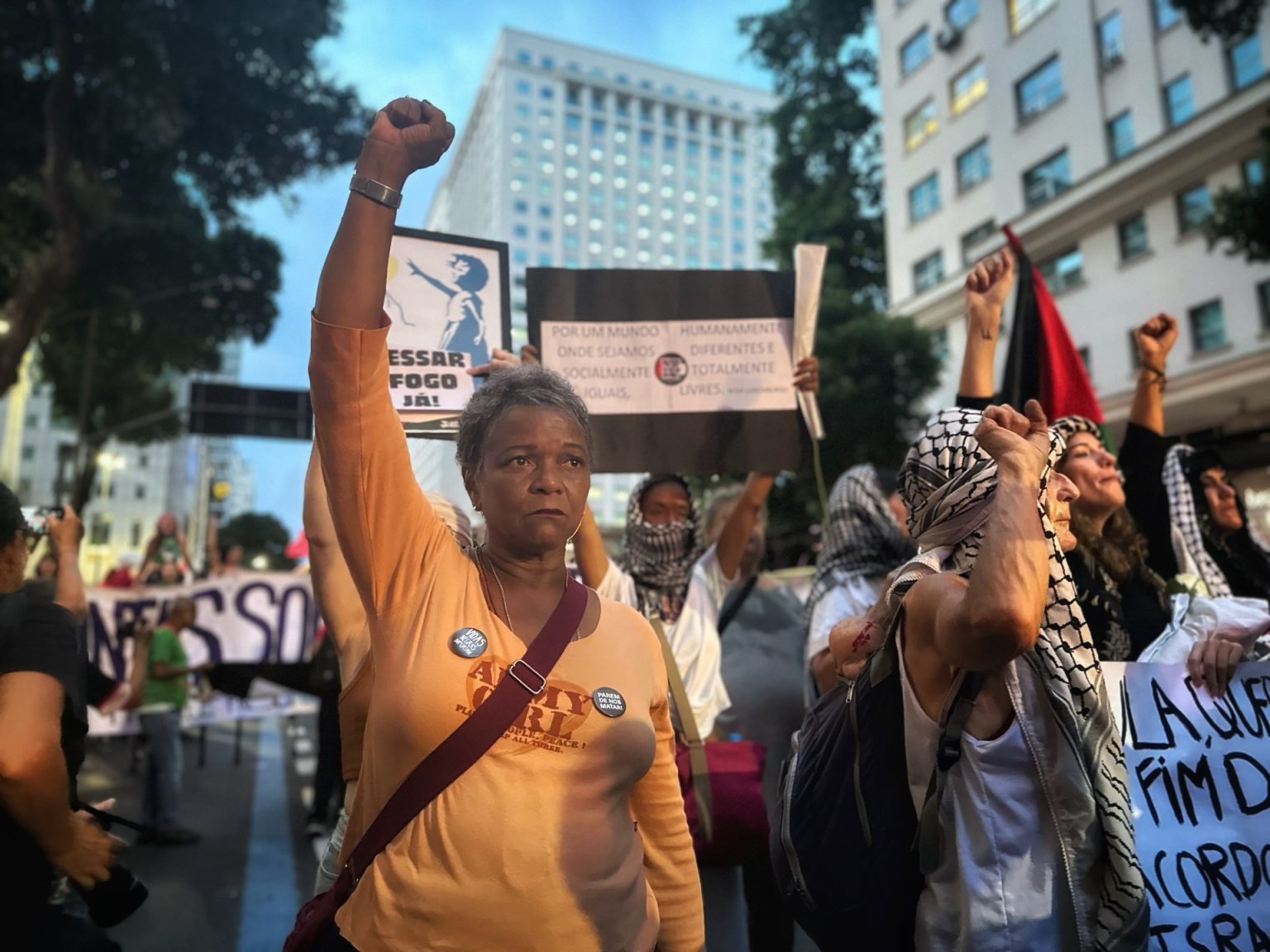Rio de Janeiro, Brazil, was the setting for Mariana Leal de Souza’s harrowing experience with abortion in 2019. After losing her teenage son to suicide, she found herself pregnant and mentally unprepared for another child. As abortion is only legal in Brazil in cases of rape, health risks, or severe fetal malformations, she turned to an underground supplier for help. The process was agonizing, and when she discovered she was still pregnant, she feared for her life. A visit to a public hospital revealed she had been carrying twins, but only one fetus had been expelled.
The issue of abortion in Brazil is a complex one, with as many as 4 million abortions performed annually, though only 5 percent are legal. Women who undergo illegal abortions face prison time, and Black and marginalized women are disproportionately affected by these laws. This racial disparity led federal legislator Luciana Boiteux to advocate for the decriminalization of abortion, viewing it as a racial justice issue. The feminist movement, inspired by recent developments in neighbouring countries, has been pushing for change in Brazil, despite pushback from evangelical groups.
Evangelical Christianity’s influence has been growing in Brazil for the past 30 years, discouraging women from seeking abortions. These churches provide social services and act as lifelines for many communities, but their influence in politics has been significant. With a large presence in the National Congress, evangelical lawmakers play a key role in shaping policy, including on abortion. The final decision on abortion restrictions lies with the Supreme Court, where Chief Justice Rosa Weber’s proposal for decriminalization was halted by another judge.
The battle for abortion rights in Brazil continues to unfold, with Chief Justice Luis Roberto Barroso expressing support for decriminalization but calling for more deliberation. Conservative politicians and evangelical groups have been vocal in opposing abortion rights, creating challenges for progress. Barroso believes that greater dialogue and awareness can help shift public perception and pave the way for more equitable abortion laws. The feminist movement in Brazil, despite facing resistance, remains committed to fighting for reproductive rights and justice for all women, especially those from marginalized communities.


